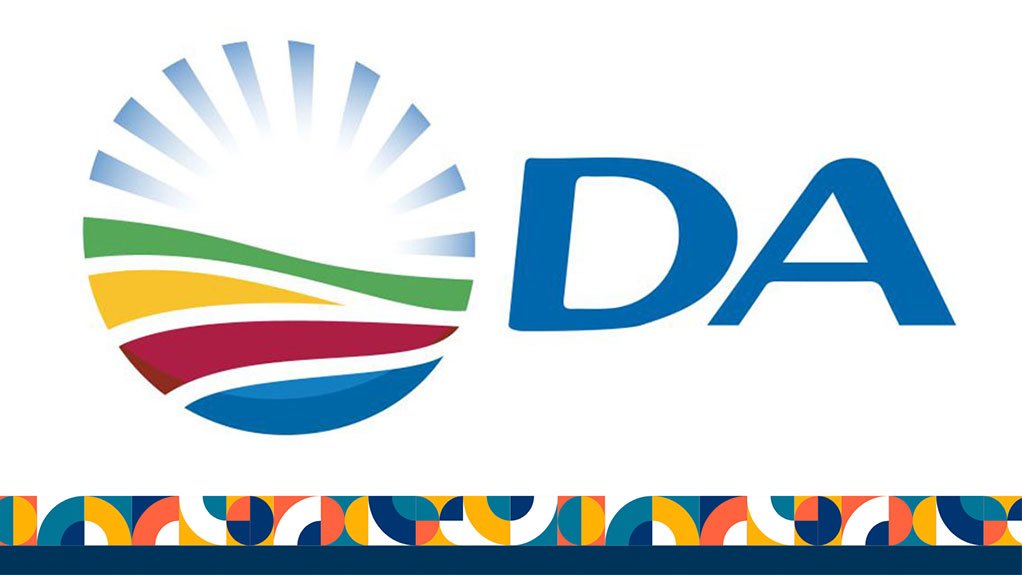The Democratic Alliance (DA) said on Thursday it wants to see a “principled” foreign policy that adheres to the South African Constitution, and one that is “pragmatic” in international trade and cooperation.
The party submitted a letter of key proposals on South Africa’s approach to hosting the G20 Summit to President Cyril Ramaphosa.
South Africa will lead the G20 for 2025, the first time an African country will do so. South Africa will assume the role on Sunday and hand over the G20 Presidency to the US at the end of its term.
DA International Relations and Cooperation spokesperson Ryan Smith said South Africa’s G20 Presidency must be cognisant of the country’s role as a regional power, a representative of the Global South and developing nations, and a crucial interlocutor between Africa and the world.
Primarily, the DA has called for the re-establishment of the G20 Inter-Ministerial Committee (IMC) as South Africa’s Government of National Unity (GNU) foreign policy engine room.
Smith pointed out that as the IMC, which includes DA Ministers John Steenhuisen, Siviwe Gwarube, Solly Malatsi, and Dion George, undertakes to provide policy guidance and recommendations to Cabinet regarding the substantive and logistical preparations for South Africa’s G20 Presidency, this committee must also serve as the platform where GNU foreign policy can be developed and ratified in conjunction with the country’s G20 theme, using the Constitution and the GNU Statement of Intent (SoI) as its policy compasses.
“Our G20 Summit is South Africa’s very first step into the international arena as a State under the direction of a plurality of parties and voices, and this more holistic representation of South African society within our national government must now reflect in our international engagements,” Smith explained.
The DA also proposes attention on economic recovery and resilience; energy reform and sustainability; trade and investment; and food security and hunger alleviation.
It calls for collaboration on technology and innovation, through for instance a focus on Think 20 (T20), which brings together think tanks and research institutes to discuss and present ideas on how to address current and emerging challenges, as well as on African democracy and governance, and democratic oversight and the G20's Parliamentary Speakers' Summit, or P20.
Meanwhile, the DA has also called for increased private-sector involvement and expertise in South Africa’s G20 Summit, especially within the T20 and sector-specific Sherpa Track engagements, to specifically address reform of South Africa’s public healthcare and education systems.
“This must also include the leveraging of international best-practice models from both G20 developed and developing nations, to assist in the reform of South Africa’s education and healthcare systems to enhance the roll-out and quality of these crucial public services,” he explained.
He stated that South Africa’s G20 Presidency was an exciting international opportunity for South Africa to not only demonstrate its pride as one of the most multi-cultural and multi-ethnic democracies in the world, “…but as a serious global player representing the needs of African nations and the developing world at large".
"Under the GNU, South Africa must also ensure that its G20 Presidency focuses on achieving the GNU SoI’s Basic Minimum Programme of Priorities to create a more united, inclusive, and open South African society and economy.”
EMAIL THIS ARTICLE SAVE THIS ARTICLE ARTICLE ENQUIRY
To subscribe email subscriptions@creamermedia.co.za or click here
To advertise email advertising@creamermedia.co.za or click here











